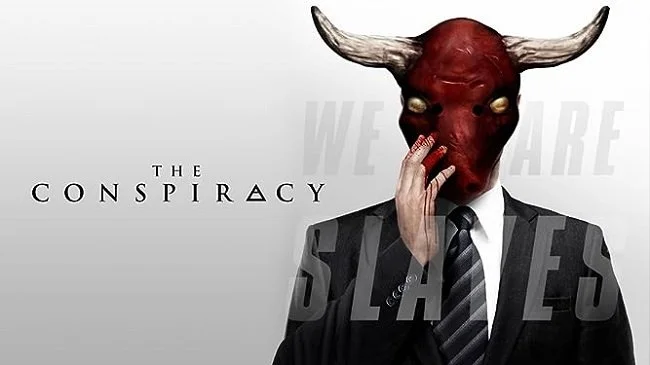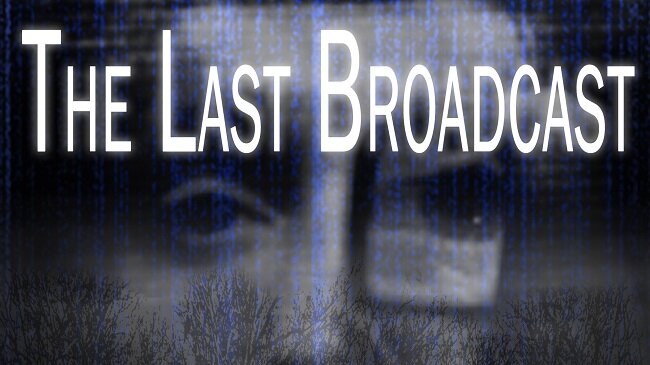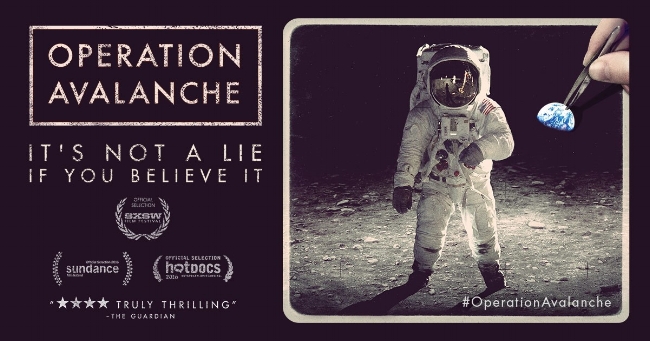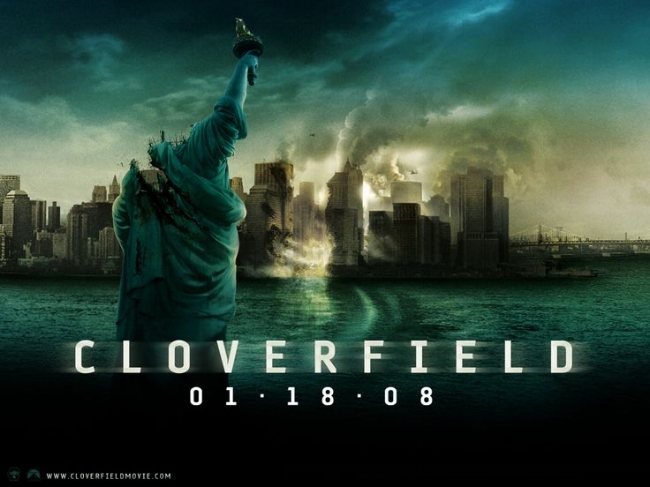As Above, So Below (2014)
The found footage genre is predicated on the concept that the material the audience watches is supposed to be filmed from real life. This therefore presents a challenge for actors as their performances have to appear like everyday social interactions. Most people are not great orators with extensive vocabularies, in real life. Watch any wedding video or vox pop on a news broadcast and you’ll quickly become aware of the gulf between how people express themselves in reality and the stylised, contrived manner in which actors deliver dialogue. Hence, during the first act of As Above, So Below I became aware that the cast were “acting”. They were using dramatic techniques commonly used in conventional film but which stands out far more in this genre. This changed as the film progressed and the story became more deliberately chaotic. But it was noticeable during the initial set up to the story. It’s not something I’ve noticed before with other found footage movies. But in many ways, As Above, So Below is quite different compared to other genre examples
Archaeologist Scarlett Marlowe (Perdita Weeks) is obsessed with finding Nicholas Flamel's alchemical Philosopher's Stone. After finding an inscription in a cave in Iran, written in Aramaic, she travels to Paris along with her documentary cameraman Benji (Edwin Hodge). She meets with her former boyfriend George (Ben Feldman) who is an expert in ancient languages. After deciphering the inscription and using it to find hidden information on the back of Nicholas Flamel's gravestone, they discover that the Philosopher's Stone is located in the Parisian Catacombs. The team then finds a group of unofficial guides, Papillon, Siouxie and Zed, who are experienced exploring the parts of the Catacombs not open to the public. They enter the subterranean necropolis and when a tunnel collapses, are forced to take a route that has previously not been explored. Papillon is nervous as a close friend of his La Taupe vanished here, despite his knowledge. As the group travel further they become aware that all is not as it seems and that they’re all being haunted by their own past.
Once the cast are trapped in the Parisian Catacombs the plot draws heavily from Dante's Inferno. Given the scope of the story and the nature of themes therein, I would argue that maybe it would have been preferable to have made As Above, So Below a standard horror film, rather than in the found footage format. However, writers Paco Plaza, Luis A. Berdejo and Jaume Balagueró certainly are innovative with regards to pushing the boundaries of this genre. There are several noticeable scenes which have a palpable sense of claustrophobia that I’ve only seen previously in The Borderlands (2013) and The Descent (2005). The characters are at times somewhat annoying with their bickering and squabbling but that is a reflection of their personalities. There is a tipping point in the story where events veer from the strange into the pure eldritch. Stone faces appear in the walls and attack people, hooded figures charge at the unwary and the narrow corridors of the necropolis fill with blood. By this point the viewer either goes with the proceedings or emotionally checks out.
Most found footage films do not hold up to close scrutiny. The most common criticism is that there often comes a point in the story where most people would stop filming and run. And this argument can certainly be levelled at As Above, So Below. However, because the story is so ambitious with its use of nonlinear time, visions of hell and exploration of alchemy, it seems pedantic to focus on minor contradictions of the format and the film’s own internal logic. There’s also an off kilter ambience to the proceedings. Simple things like finding a piano amid the dust and confines of the tunnel are disquieting. Papillon coming across one of his own graffiti tags which he claims he hasn’t done is similarly bothersome. Plus the Parisian Catacombs themselves are just plain sinister. I suspect there may be no middle ground with As Above, So Below. You’ll either embrace its ambition and enjoy it or dismiss it out right. I chose the former.














